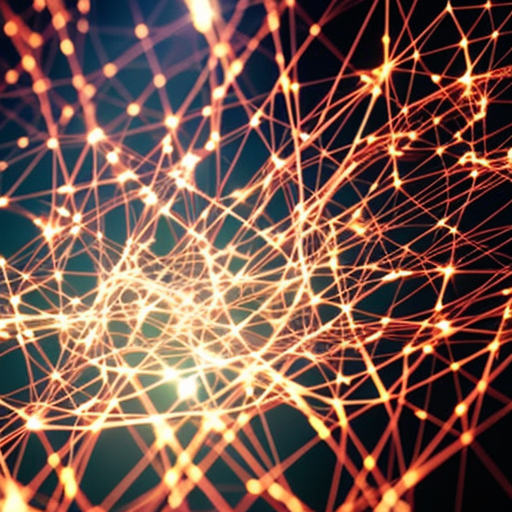Summary: Quantum bits, or qubits, are the fundamental building blocks of quantum computers. Unlike classical bits, which can only represent a 0 or 1, qubits can exist in a superposition of both states simultaneously. This property allows quantum computers to perform complex calculations much faster than classical computers. Qubits can be implemented using various physical systems, such as atoms, ions, photons, or superconducting circuits. However, qubits are highly sensitive to noise and decoherence, making their control and error correction challenging. Researchers are actively exploring different approaches to improve the stability and scalability of qubits for practical quantum computing applications.
Introduction
Quantum bits, or qubits, are the fundamental units of information in quantum computing. While classical bits can represent either a 0 or 1, qubits can exist in a superposition of both states simultaneously. This unique property allows quantum computers to perform certain calculations exponentially faster than classical computers.
Implementing Qubits
Qubits can be implemented using various physical systems. One approach is to use the quantum states of individual atoms or ions as qubits. By manipulating the energy levels of these quantum systems, researchers can encode and process information. Another approach is to use the quantum states of photons, which can be manipulated using optical elements such as beam splitters and phase shifters.
Superconducting circuits are another promising platform for qubits. These circuits consist of tiny loops of superconducting material that can carry electrical currents without resistance. By controlling the flow of these currents, researchers can create qubits. Superconducting qubits have the advantage of being relatively large and easy to control, but they are also more susceptible to noise and decoherence.
Controlling and Measuring Qubits
Controlling and measuring qubits is a crucial aspect of quantum computing. To manipulate qubits, researchers use quantum gates, which are analogous to logic gates in classical computing. Quantum gates can perform operations such as flipping the state of a qubit or entangling multiple qubits together.
Measuring qubits is also essential for extracting information from a quantum computer. However, the act of measurement can collapse the superposition of a qubit, causing it to lose its quantum properties. To mitigate this issue, researchers often use error correction techniques and quantum error correction codes.
Noise and Decoherence
One of the major challenges in quantum computing is dealing with noise and decoherence. Qubits are highly sensitive to their environment, and even slight disturbances can cause them to lose their quantum properties. This loss of coherence is known as decoherence and can lead to errors in quantum computations.
Researchers are actively working on developing techniques to reduce noise and increase the coherence time of qubits. This includes improving the isolation of qubits from their surroundings, implementing error correction codes, and developing new qubit designs that are more robust against noise.
Scalability and Fault-Tolerance
For practical quantum computing applications, it is essential to have a large number of qubits that can be reliably controlled and measured. However, scaling up the number of qubits presents significant challenges. As the number of qubits increases, so does the complexity of controlling and correcting errors.
Furthermore, quantum computers need to be fault-tolerant, meaning they can continue to operate even in the presence of errors. Fault-tolerant quantum computing requires the implementation of error correction codes and sophisticated error detection and correction techniques.
Conclusion
Qubits are the building blocks of quantum computers, enabling them to perform complex calculations that are infeasible for classical computers. While qubits offer tremendous potential, they also pose significant challenges due to their sensitivity to noise and decoherence. Researchers are actively exploring different physical systems and techniques to improve the stability and scalability of qubits for practical quantum computing applications.












